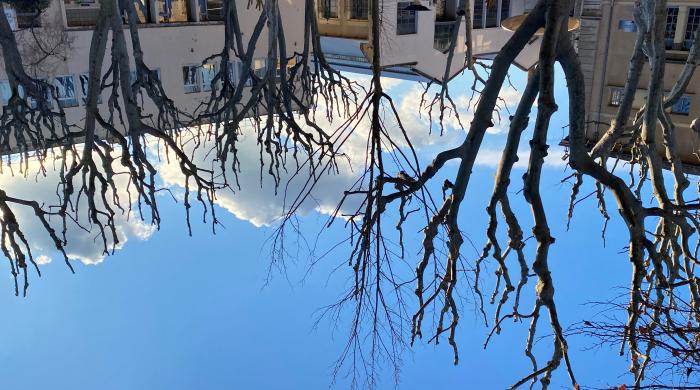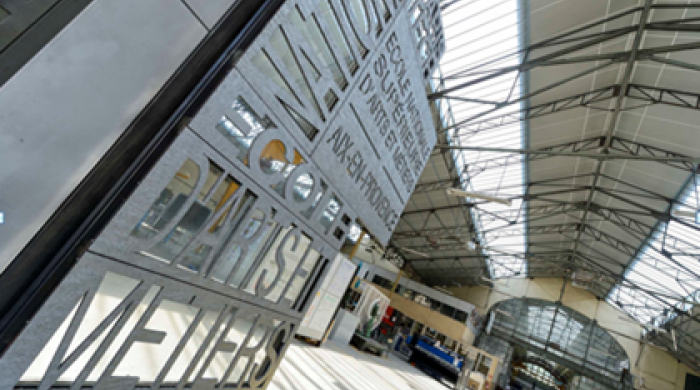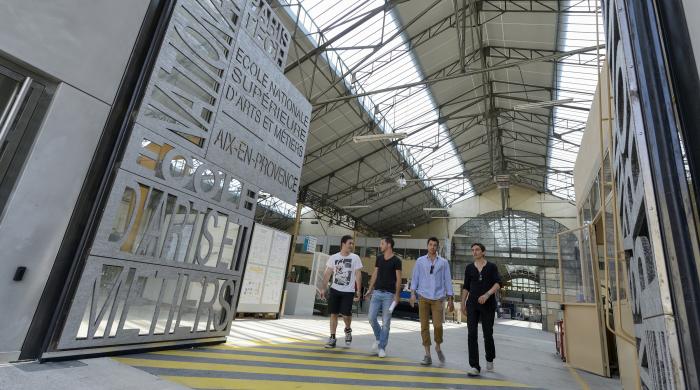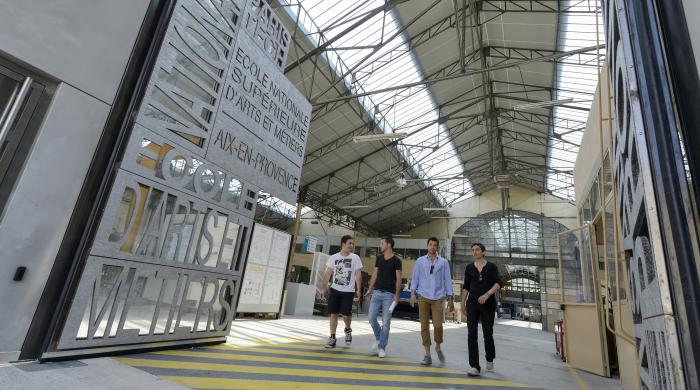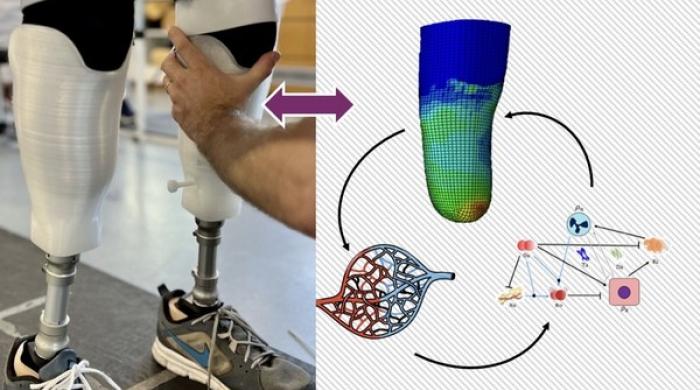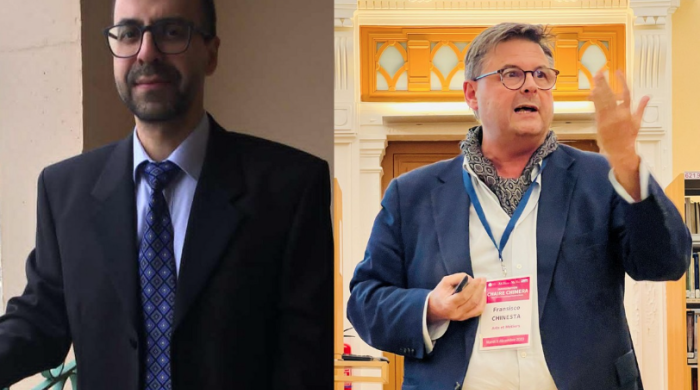
Mohammad ZARBINI SEYDANI a soutenu ses travaux de thèse menés au sein du laboratoire MSMP sur le campus d'Aix-en-Provence le 03 février 2023.
Cette thèse a été financée dans le cadre d’un projet Carnot-Arts en collaboration avec les laboratoires Arts et Métiers LIFSE et MSMP.
Titre : Modélisation SPH et validation expérimentale des processus de remplissage et de solidification de la coulée rapide par gravité d'AlSi13
Jury :
- Dermot BRABAZON, Professor, School of Mechanical & Manufacturing Engineering, Glasnevin Campus, Dublin City University, Irland - Reviewer
- Xesús NOGUEIRA, Professor, Campus de Elviña, Universidade da Coruña, Spain - Reviewer
- Said AHZI, Professor, ICUBE Laboratory-CNRS, University of Strasbourg, France - Examinator
- Marie BEDEL, Associate Professor, MSMP-EA7350, Arts et Métiers, France - Examinator
- Mohamed EL MANSORI, Professor, MSMP EA7350, Arts et Métiers, France - Examinator
- Sofiane KHELLADI, Professor, LIFSE, Arts et Métiers, France - Examinator
Résumé :
The simulation of gravity sand casting is a complex process that involves multiple scales and physics phenomena. Although commercial software is available, it can be difficult to accurately predict the filling dynamics when coupled with cooling, solidification, and induced defects. One specific challenge is predicting oxidation, which requires tracking the fluid front where oxidation forms, making the motion in the melt complex to model with mesh-based methods. Smoothed particle hydrodynamics (SPH) is a Lagrangian simulation approach that is well-suited to model the filling step of casting. By modeling metal as free-moving particles, SPH allows for reliable predictions of fluid flow and complex free surface motion. This thesis aims to develop an SPH approach to examine the filling, cooling, and solidification phases of rapid gravity casting of AlSi13. Numerical results obtained using SPH will be validated experimentally and compared to results obtained using commercial software (ProCAST).
The initial step in achieving this thesis's goal is to develop a 2D casting SPH code, which was developed initially by LIFSE laboratory. Firstly, the SPH code is developed in 2D to model the filling, cooling, and solidification processes of sand gravity casting. In order to analyze the 2D gravity casting SPH code for a closed system, an experimental test case is specifically designed. Secondly, the SPH code is upgraded to 3D, and the numerical results of filling, cooling and solidification are studied in the case of a more realistic 3D casting and compared to experiment. Finally, the upgraded 2D and 3D validated SPH code provides the basis for future prediction of casting defects such as oxidation.

